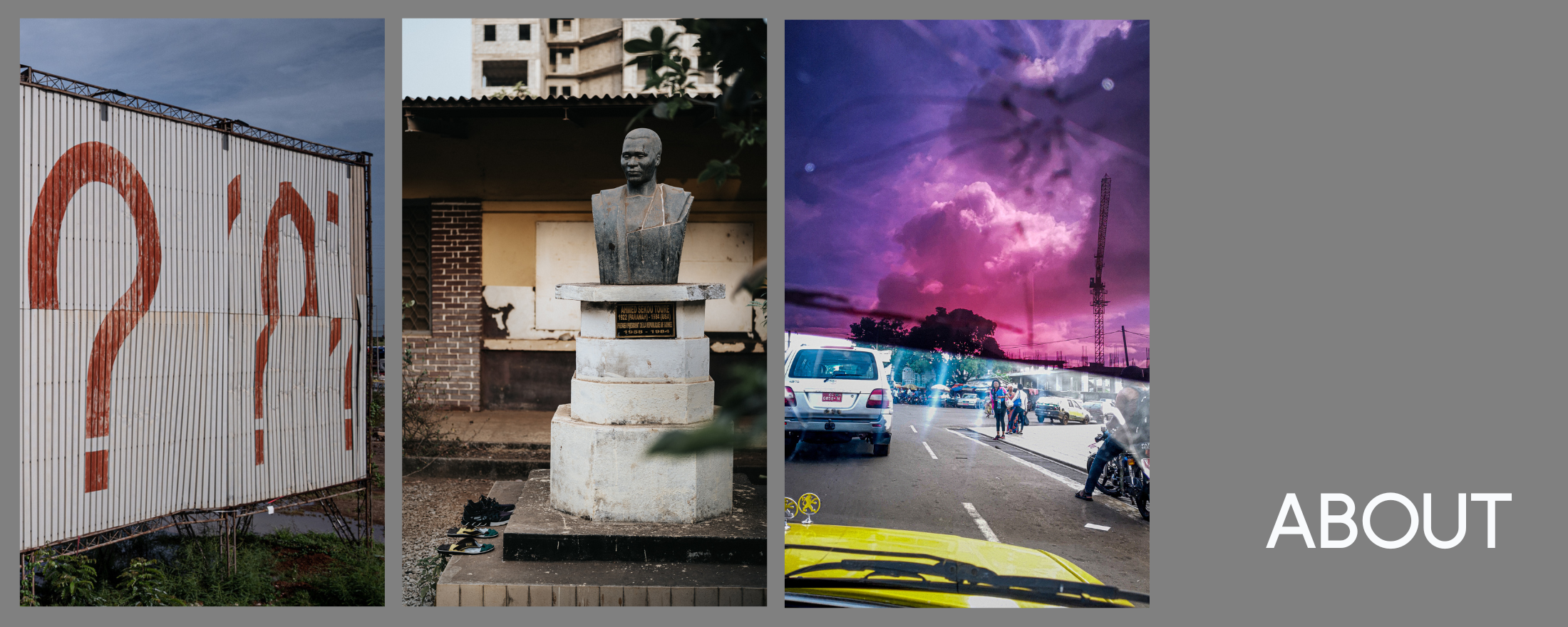Why do contemporary politics thrive on suspicion? How has “truth” become a battleground in conflicts? How do people deal with political situations that are too inaccessible to be known and too significant to be ignored or left uncertain? The research and arts project "Politics of the Unknown. Conspiracism and Conflict" addresses these questions in different contexts in West Africa, and through different media.
“Politics of the Unknown. Conspiracism and conflict” contributes to a larger field of research that studies “how conflict is generated and dealt with in social life, and the special role that confusion and uncertainty play in this process” (Stewart and Strathern 2004: x). Three sets of ideas have guided the Junior Research Group ever since it started in 2021:
- Empirically, we study how individuals and polities deal with the unknown, i.e., an inevitable lack of knowledge in the face of disruptive events and conflictual situations. A specific interest concerns what role suspicions about the underlying political order play in such situations.
- Methodologically, we advance interdisciplinary and transdisciplinary approaches in conflict research. An underlying goal is to question the taken-for-granted character of disciplinary approaches, and advance reflexivity as to how questions of “truth” are approached differently by social scientists, artists, individuals and larger collectives and polities.
- Theoretically, we compare and connect debates in the social sciences and African studies. In our specific work on “conspiracy theories,” we use Africanist scholarship and empirical fieldwork in Guinea, Nigeria and Burkina Faso to interrogate and unsettle the assumptions about the kinds of problems that this term encapsulates.


